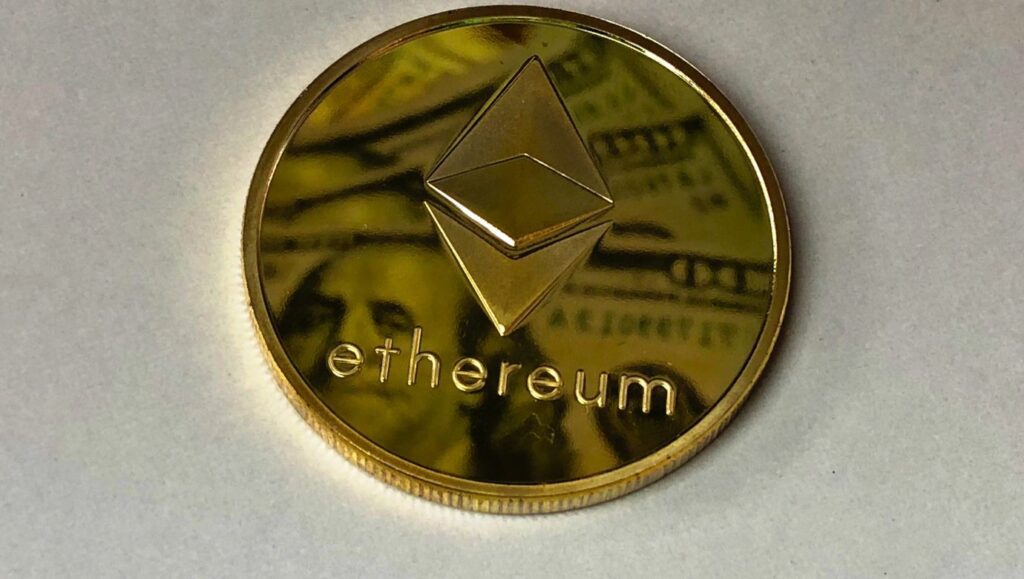Ethereum bulls might struggle to gain momentum at press time, but other on-chain data points to interesting developments. With ETH trading above $2,400 but capped by determined sellers, data from IntoTheBlock shows that nearly 30% of all ETH in circulation has been staked.
More than 34.4 million ETH staked in 9 months
As of October 8, IntoTheBlock analysts note that 28.9% of all ETH has been staked. At this level, more and more holders are committing to equalizing their reserve. This figure is up from 23.8% recorded in January 2024. More than 15.3% of ETH has been staked of this amount for over three years.
Related reading: Dogecoin gearing up for another monumental surge, a new all-time high?
Ethereum changed the proof-of-work consensus algorithm in September 2022, officially moving to a proof-of-stake network like Cardano. The migration allowed the platform to get rid of energy-intensive miners who were replaced by validators.

Parallel data from Ethereum shows that more than 1 million network validators have locked more than 34.4 million ETH in total. Each validator earns an APR of 3.3%, an uncompounded annual return that decreases depending on the amount blocked.
All network validators must lock at least 32 ETH and operate a node that ensures the network operates every day of the week with no downtime. There are penalties for validators who collude to, for example, confirm invalid transactions or attempt to take over the chain as part of a majority attack.
The fact that Ethereum is attracting more validators despite price contraction from the highs of around $4,100 in the first quarter of 2024 to $2,100 in early August is a confirmation of the platform’s long-term prospects.
Currently, Ethereum remains the second largest platform after Bitcoin and the only other crypto project after Bitcoin to get the node for a spot ETF from the US SEC. Despite this, ETH remains under pressure below $2,800, dashing any hopes.
EIP 7781 seeks to improve Ethereum scalability
Beyond that, Ethereum developers continue to build, seeking to improve user experience and scalability. After the upgrade of Dencun in March 2024, a new Ethereum Improvement Proposal (EIP) 7781 was recently launched.
The proponent seeks to further increase Ethereum processing speeds by reducing slot times and increasing blob capacity. Specifically, the goal is to eventually reduce the slot time from around 12 seconds to 8 seconds, which could increase transaction throughput by more than 30%.
If this proposal is adopted, decentralized exchanges, notably Curve or Uniswap, would benefit. It is worth noting that users, due to higher throughput, will see the cost of mainnet transactions decrease. While the proposal is welcome, solo players must acquire new equipment and strengthen their internet connections.
Featured image from Canva, chart from TradingView




